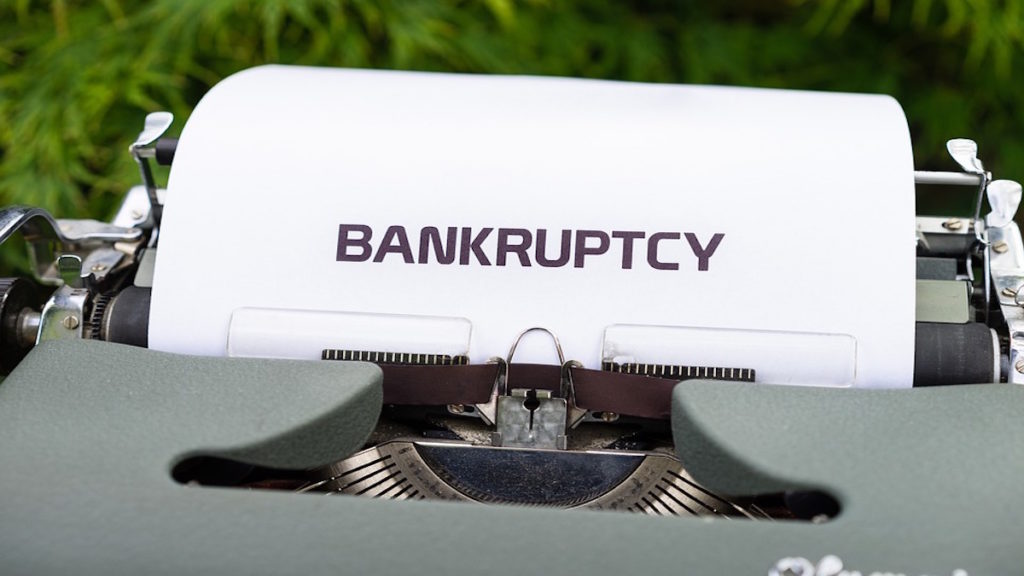Featured image by Viarami on Pixabay
We are still in the throes of a global pandemic, which has had a severe impact on the finances of many individuals, families, and business owners. Even with the many government relief programs that have been put in place, many households and businesses have not been able to keep up with their mounting bills. If you’ve considered filing for a Chapter 7 or Chapter 13 bankruptcy, you may already realize that both offer an automatic stay, which prevents creditors from pursuing you during the proceedings.
However, it’s also important to know what bankruptcy can’t do for you. There are non-dischargeable debts that won’t clear away. The following is an overview of dischargeable and non-dischargeable debts. The Macco Law Group recommends that you discuss any potential bankruptcy with an attorney in your area as the laws vary from state to state.
RELATED ARTICLE: SHOULD YOUR SMALL BUSINESS FILE FOR BANKRUPTCY
Dischargeable vs. Non-Dischargeable
This concept is fairly straightforward. Some types of debt can be discharged and some will remain with you even after filing a bankruptcy. Examples of dischargeable debt include:
- Credit card debt
- Mortgages (although you may not be able to keep the home)
- Some medical bills
- Car loans
Some of the most common forms of non-dischargeable debt are:
- Student loans
- Taxes (federal, state, and local)
- Debt incurred to pay taxes
- Child Support
- Spousal support
It’s important to understand that just because a debt is dischargeable does not necessarily mean that you will emerge completely unscathed. Depending on which type you file, you may lose the underlying assets associated with those debts. For instance, if you file for Chapter 7 bankruptcy and you have a car payment, you will more than likely lose your car, but you will not have to pay back the loan.
Frequently Asked Questions
If you have a specific question about bankruptcy, contact a bankruptcy attorney in your area. Here are some of the most commonly asked questions about bankruptcy and the discharge ability of debts.
If Most of My Debts Are Non-Dischargeable, Does Filing Still Make Sense?
The answer to this question largely depends on other factors. The main benefit of Chapter 7 bankruptcy is that your debts are discharged. You can start with a clean slate. However, if you have primarily non-dischargeable debt, you may benefit from Chapter 13 bankruptcy. In this type, you will create a three-year to a five-year payment plan. Also, your creditors must agree to this plan. If you think that this can still benefit you, consult with a bankruptcy lawyer.
RELATED ARTICLE: HOW A DIRECT CONSOLIDATION LOAN CAN HELP YOU
What Is the Automatic Stay, and How Does It Work?
The automatic stay is a court order from a bankruptcy judge that prevents creditors from contacting you or demanding action on a payment. While the stay is in place, creditors cannot take your car or home. This provides you with the relief to maneuver until your bankruptcy is lifted.
Do I Need a Bankruptcy Lawyer to File?
Most people lack the requisite knowledge to file on their own. During the proceedings, you will have to attend a 341 hearing. Here, creditors will air their grievances about your impending bankruptcy. Since your attorney represents you, all questions from the court or your creditors will go through that lawyer.
RELATED ARTICLE: RECOVERING BUSINESS DEBT WITH SKIP TRACING SOLUTIONS


